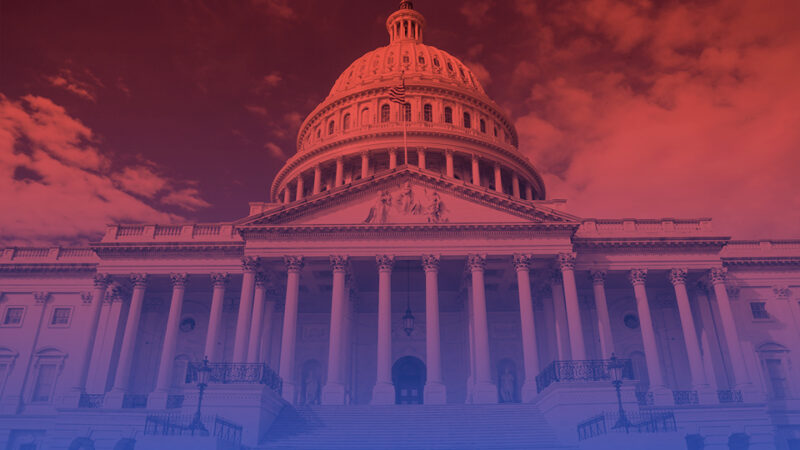Explaining the Protecting Our Democracy Act
- April 21, 2021

Over at The Fulcrum, several organizations across the political spectrum have taken turns to explain several of the individual parts of the Protecting Our Democracy Act (PODA), a package of institutional reforms that call to mind the post-Watergate period. Protect Democracy strongly supports these vital reforms, for more on the reforms we support click here.
Soren Dayton and Cerin Lindgrensavage of Protect Democracy introduced the Fulcrum series with a piece that includes this description:
Imagine this: The conduct of the previous presidential administration has crystallized the need for Congress to reassert its constitutional authority as a check on the executive branch.
The year is 2021, to be sure. But it was also 1974. In the wake of the Watergate scandal, lawmakers of both parties acted to address weaknesses in federal laws and government institutions that Richard Nixon had either created himself or exposed.
Nearly half a century later the Protecting Our Democracy Act, a package of good-government reforms first proposed by Democratic Rep. Adam Schiff of California in September, aims to take similar steps toward restoring guardrails on executive power
PODA is expected to be reintroduced in the coming weeks.
The Fulcrum series includes explainers about these components:
- Pardons, emoluments, and White House-DOJ contacts (by Martha Kinsella and Daniel Wiener of the Brennan Center for Justice). This piece discusses the importance of restoring guardrails to prevent abuse of the pardon power, the White House politicizing DOJ investigations, and the corruption of presidents through emoluments.
- Congress’s power of the purse (by Andrew Lautz of the National Taxpayers Union and Jonathan Bydlak of the R Street Institute). This piece describes how the Congressional Power of the Purse Act, one part of PODA, would help reassert Congress’s power of the purse and recalibrate the constitutional imbalance over who controls taxpayer dollars.
- Emergency powers (by Elizabeth Goitein of Brennan) emergency powers give presidents tools that could be used to undermine democracy. Reform of the National Emergencies Act and disclosure of presidential emergency action plans to Congress would significantly reduce these powers’ potential for abuse.
- Whistleblower and inspector general protections (by Liz Hempowicz and Melissa Wasser of the Project on Government Oversight). Whistleblowers and inspectors general support the system of checks and balances in our government by speaking up and reporting waste, fraud, illegalities, or abuses of power that might otherwise go unnoticed and unaddressed. PODA would strengthen protections for federal whistleblowers against retaliation, and protect IGs from being removed without cause.
- Hatch Act reforms (by Jennifer Ahern of Citizens for Responsibility and Ethics in Washington). The Hatch Act prevents federal employees from engaging in partisan politics while performing official government duties. PODA would patch some of the most problematic cracks in the Hatch Act that allowed higher level political appointees to evade the same Hatch Act enforcement imposed on rank-and-file government employees.
- Foreign money in elections (by Stephen Spaulding of Common Cause and Lisa Gilbert and Craig Holman of Public Citizen). While the 2020 election was the most secure in our history, recent investigations have found that foreign actors have targeted activities toward political campaigns. PODA would bolster confidence in our democratic institutions by requiring campaigns to disclose offers of illegal campaign help from foreign governments, and clarify that federal law prohibits accepting opposition research and other non-public information from foreign governments.
Related Content
It can happen here.
We can stop it.
Defeating authoritarianism is going to take all of us. Everyone and every institution has a role to play. Together, we can protect democracy.
Donate
Sign Up for Updates Sign Up for Updates
Explore Careers Explore Careers
How to Protect Democracy How to Protect Democracy



